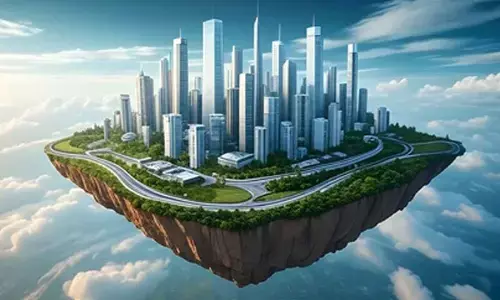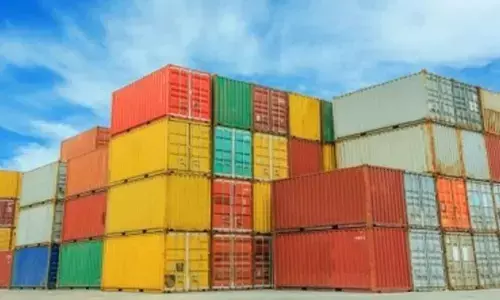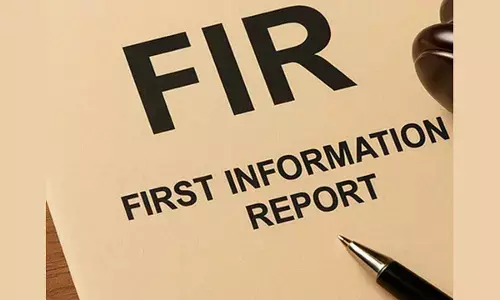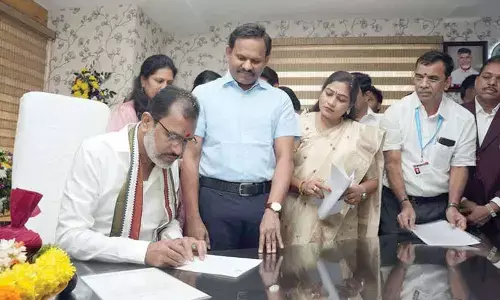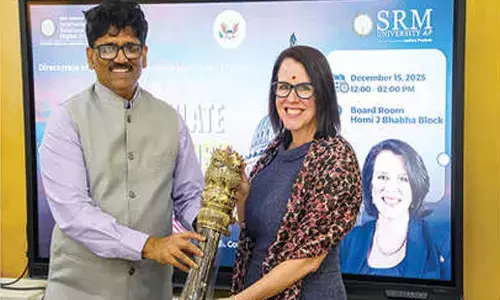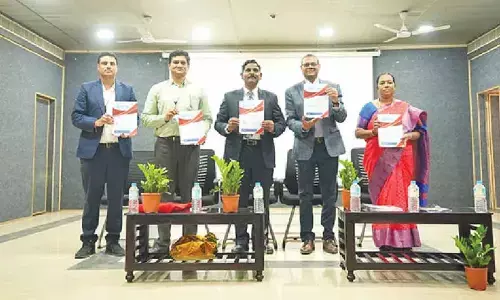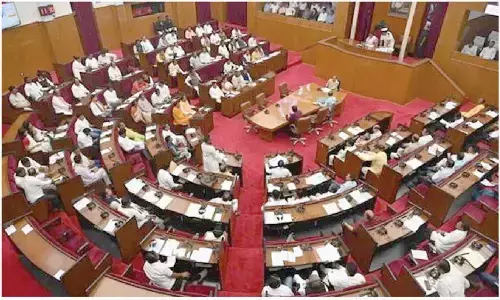Water, sanitation and hygiene is a global crisis: WaterAid's global advocacy director
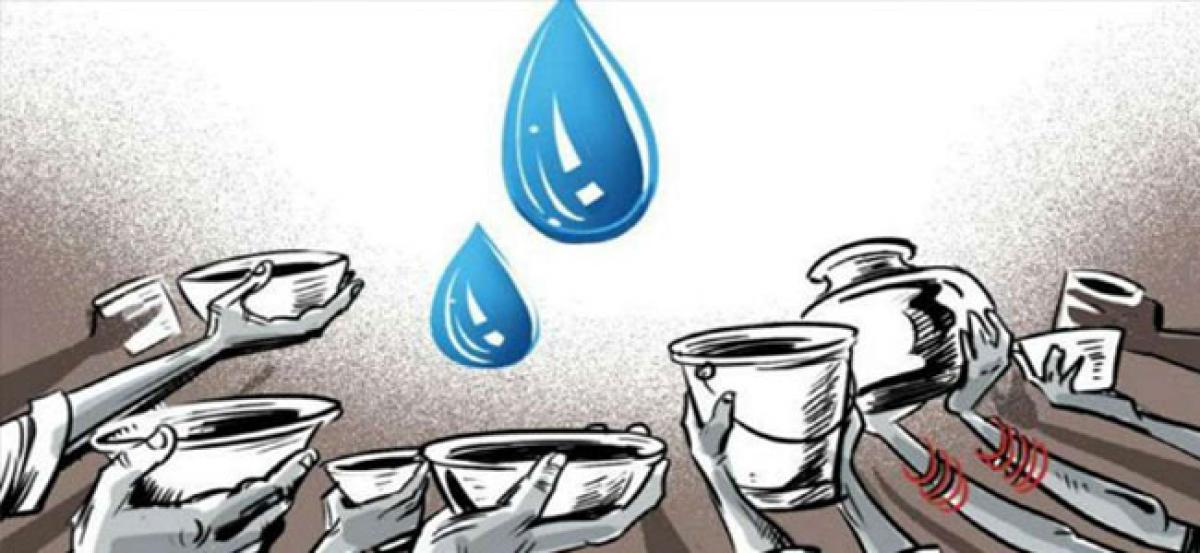
Supplying clean water and toilets for all could take hundreds of years in countries like Eritrea and Namibia unless governments step up funding to tackle the problem and its harmful effects on health, an international development agency warned on Monday
Supplying clean water and toilets for all could take hundreds of years in countries like Eritrea and Namibia unless governments step up funding to tackle the problem and its harmful effects on health, an international development agency warned on Monday.
WaterAid - which says nearly 850 million people lack clean water - predicted the world will miss a global goal to provide drinking water and adequate sanitation for everyone by 2030.Meeting it will cost $28 billion per year, the non-profit said.
"Water, sanitation and hygiene is a global crisis," said Savio Carvalho, WaterAid's global advocacy director.
"We're really calling for governments to pull up their socks," he told the Thomson Reuters Foundation from the United Nations in New York.
From July 9-18, governments are reviewing progress on the Sustainable Development Goals, which were agreed at the United Nations in 2015, with a focus on six of the 17.
Last week, UN officials said barriers to achieving the 2030 water and sanitation targets range from conflict and water pollution to climate change, urging more efficient water use.
By the 2030 deadline, "a significant number of people" in 80 countries are unlikely to have access to clean water, while poor sanitation is expected to persist in more than 100 nations, WaterAid said.
Drawing on U.N. data, the UK-based group calculated some countries will need hundreds of years to provide safe drinking water and toilets for all their people, meaning countries collectively are thousands of years off track.
At current rates, Namibians would have to wait until 2246 for everyone to have clean water, while all Eritreans would not get it until 2507 and Nicaraguans not until 2180, WaterAid said.
It could be 500 years before every Romanian has access to a toilet, and 450 years for Ghanaians, it added.
Governments should fund water and sanitation provision from their own budgets, and work with utilities and private companies to reach people in isolated areas, said Carvalho.
"There's money around - it's just not allocated in the right way," he said, urging international donors to increase spending on water and sanitation.
Other global goals to ensure healthy lives, reduce inequality and end poverty will be jeopardised until access to water and sanitation is prioritised, noted Carvalho.
WaterAid quoted World Bank data showing the knock-on effects of inadequate sanitation - which causes child deaths from poor hygiene and preventable disease - cost $220 billion in 2015.
Some countries, including Rwanda and India, have made substantial headway towards the water and sanitation goal, but sustaining progress remains a challenge, said Carvalho.
"For the nations collectively to be thousands of years off track in meeting these human rights is shocking," WaterAid Chief Executive Tim Wainwright said in a statement.


